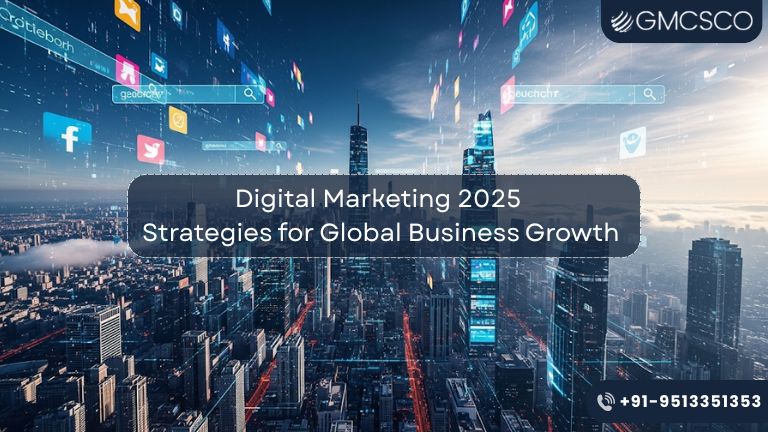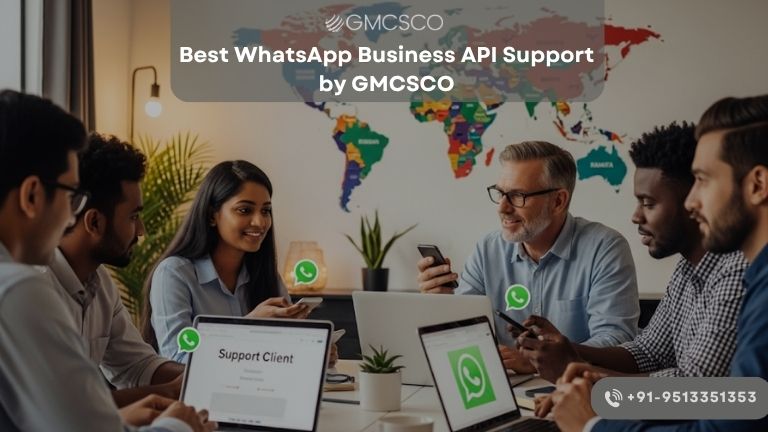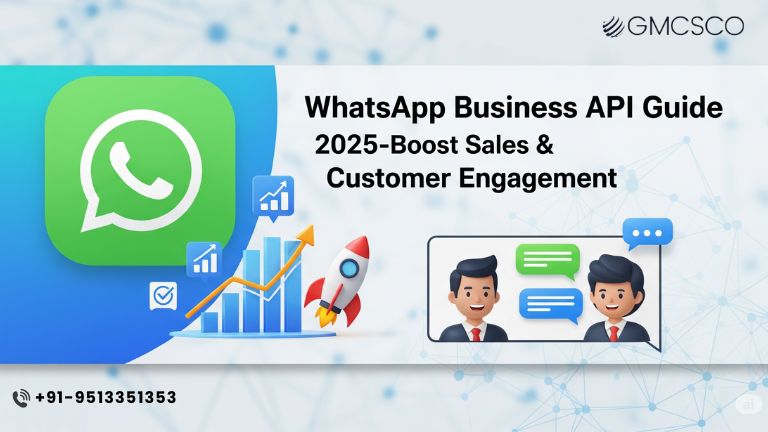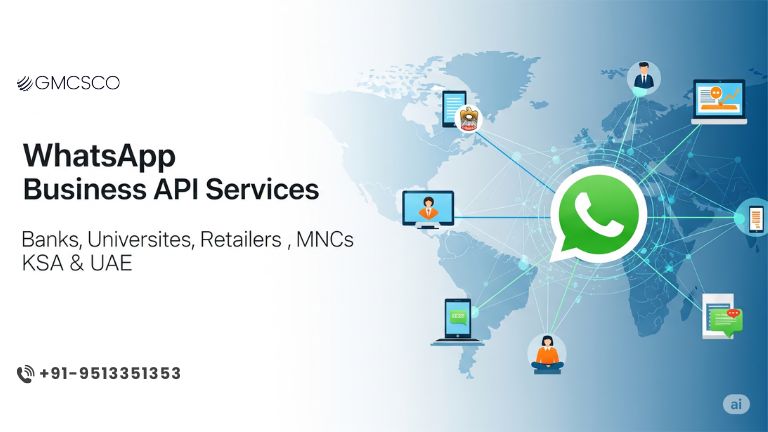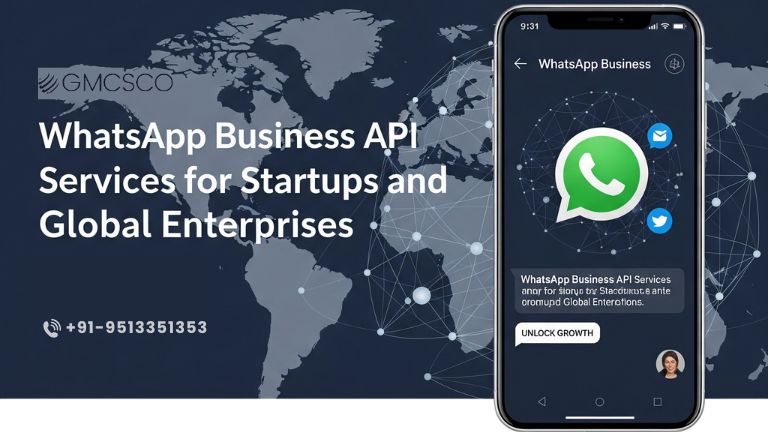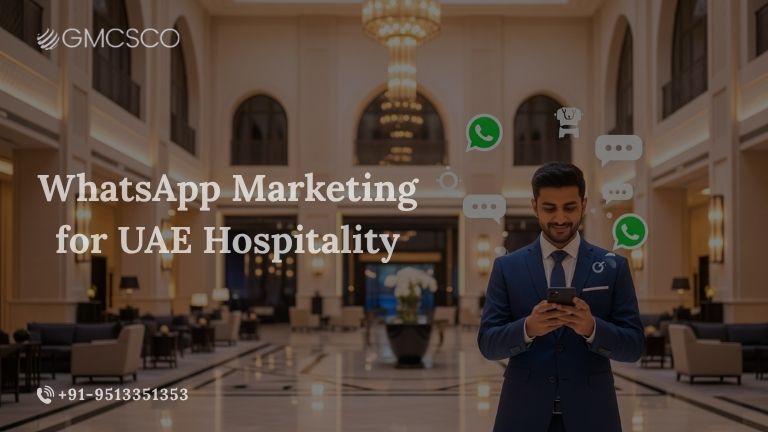Unveiling the Future of Digital Marketing: A 2025 Blueprint for Global Growth
Today 2025, the world of commerce looks fundamentally different because of the way in which digital marketing continues to evolve. After a decade of experience, a Bangalore based disrupter – snacking across industries globally for over a decade – is about to disrupt how brands connect, engaged and grow. This 4000-5000 words article will be a human, high industry insight, article discussing the newest trends, services and methods of digital marketing tactics such as SEO, SMM, video production, branding, PR and more. Written to trend on search engines, social media and AI platforms, this article touches on e-commerce, healthcare, retail, industrial and more sectors, providing case studies and creative prompts to inspire action. Whether you’re a manager with big retail ambitions to satisfy, or you’re the leader within an industrial sector, this blueprint will show how a full digital service can help your business drive forward. Also Read About How GMCSCO Boosts Your Business with AI in 2025 Digital Marketing Trends in 2025 Marketing digitally is no longer what it used to be once, It has now expanded to a heterogeneous universe. 10 years in the world market Despite a 10-years of hanging around Top 3 agency trust You work with a full-tool company: SEO, GMB, SMM, video creation and editing (really!, not only cuts), branding, PR and performance marketing. Trends impacting the market As of 2025, the market illustrates the following trends: AI-powered Personalization: AI-based capabilities models users’ habits and provides super-personal user experiences, increasing engagement by up to 30%. Voice Search Optimization: With a quarter of all searches now being voice-based, it is important to be able to optimizes for natural language. Interactive Video Content: 20% of visitors click on a video that has a “clickable” element. Social Commerce: Direct purchases on social platforms like Instagram and LinkedIn surged 40% year-over-year. Sustainability Stand: Brands who have a focus on sustainable products and products promoting an eco-friendly approach experience a 15% increase in trust by their customers. When combined with the last 10 years of expertise, that unlocks the bespoke strategy creation for industries such as e-commerce, healthcare and others to keep brands ahead. Also Read About Digital Marketing Company in Bangalore Comprehensive Services for Global Impact This digital-marketing leader, with 10 years of experience serving multiple industries, provides a complete toolkit: SEO: Boosts ranking on the website that generates organic traffic. A retail chain is enjoying 50% increased traffic in six months by keywords targeting. Google My Business (GMB) Optimization: Increases local exposure, as service-areas businesses saw a 35% increase in local leads in 2024. Social Media Marketing (SMM): Connects communities and converts sales, as one e-commerce store shared that this form of communication increased sales by 25%, thanks to targeted campaigns. Video Production & Editing: Video marketing received 40% more inquiries from patients for providers in 2025. Branding and PR: Enhances reputation with 20% uplift in brand sentiment for an industrial firm using effective PR. Performance Marketing: Drive ROI focused campaigns, including 300% increase in leads for a tech startup through PPC. Drawing on a decade of global experience, these services serve e-commerce, retail, health care, education, finance, and industrial juggernauts – providing scale and impact. Scalability and Industry Applications Scalability is the foundation of contemporary digital marketing. This trailblazer with ten years’ experience makes business flourish: E-Commerce: Robotic carts and retargeting ads dramatically increased the revenue of an online store by 30% in 2025. Retail and Hypermarkets: Footfall increased for a Gulf Retailer through localized SMM campaigns by 25%. HealthCare: Video testimonial increased patient trust by 35% for clinic network. Commercial: Manufacturing leader cut downtime costs by 20% with PR campaigns. Education and Finance: SEO content increased enrollments and loan applications by 40%. Also Read About Local SEO Strategies for Small Businesses in 2025 Case Studies: Real-World Success E-Commerce Turnaround Challenge: A smaller e-commerce player which was not visible came on board to SEO and SMM. Within 6-month the organic traffic doubled, whereas the sales grown 45% – which evidences the power of the integrated approach. Healthcare Growth: A regional network of clinics employed both video marketing and GMB optimization and acquired 50 new patients per month and expanded to three new locations in 2025. Industrial Efficiency: Merchant: A manufacturing company used PR and performance marketing to drive down their cost of customer acquisition by 25% and reel in a key contract. These accomplishments, taken over nearly 10 years of serving the globe, demonstrate it’s universal application across any industry. Targeting India and Global Markets This innovator has more than 10 years of experience and aims at penetrating India’s base of 700 million internet users and global markets including the US, UK and Gulf. Key regions include: India: E-commerce and education industries are performing very well followed up with local SEO and SMM. US/UK: Progressed video and PR campaigns are helping out in health care and finance. Gulf: Retail and industrial companies use GMB and performance marketing. With multi-lingual support and adherence to the local laws this is tailored for, It will encourage bigger companies to send quote enquiries. Also Read About AI SEO Step-by-Step Implementation Consultation: Email or call for a personalized demo. Build Your Strategy: Tailor SEO, SMM and video plans in 48 hours. Implementation: Run pilot campaigns (e.g., 10,000 ad views) with instant tracking. Optimization: Use based on analytics, ramp up good channels. Review: Monthly reports lead to long-term growth. Best Practices for 2025 Compliance: Respect platform rules and the laws on data privacy. Content: Opt for 120-150 characters posts with images and CTAs. KPIs: Track KPIs on a weekly basis to optimize strategies. Innovation: Chase AI for content and targeting. Future Trends and Expertise Edge Come 2026, we’ll have AR-infused video, voice commerce and AI ethics frameworks. As a 10-year international veteran, this trendsetter is in the vanguard of trends, making sure his clients stay ahead of the pack. GMCSCO Media Group ensures your strategies remain current. Also Read About Whatsapp Marketing Services
Unveiling the Future of Digital Marketing: A 2025 Blueprint for Global Growth Read More »

